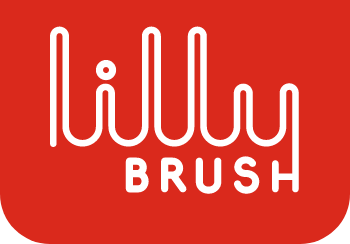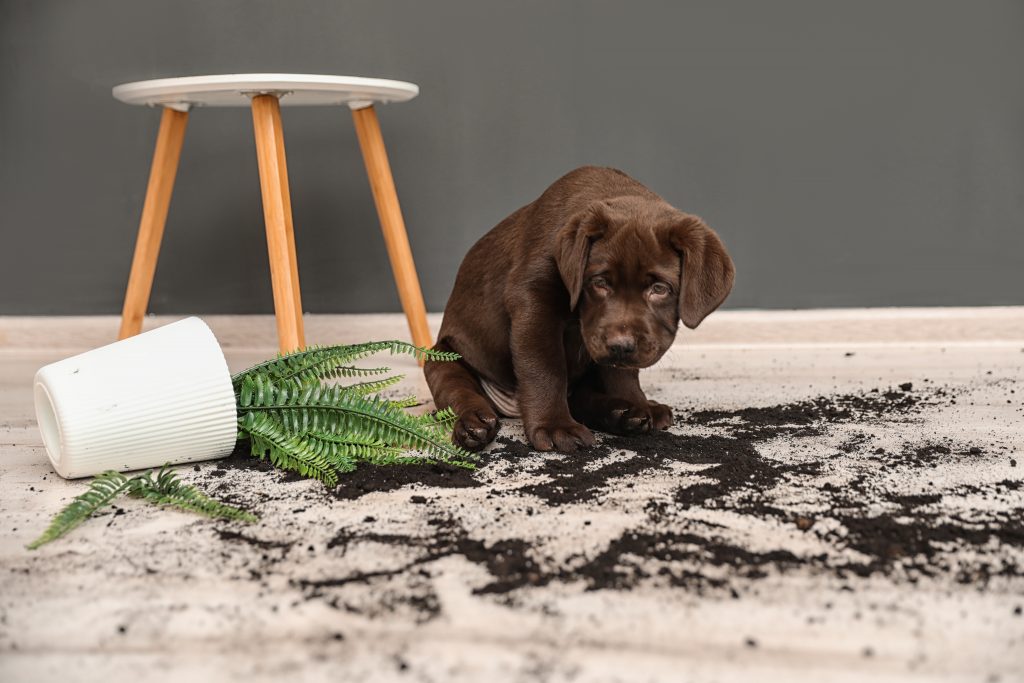While not all “human” foods are safe for pets to eat, there are a few that are perfectly fine! Whenever giving your dog or cat a human-food treat, it’s important to check first before assuming it’s safe for them to eat. Trust me, we know how cute your dog is looking up at you from underneath the dinner table. Resist the temptation to give him/her all your leftovers, and continue reading below before making any rash decisions.

DOGS
Safe
- Cheese: Safe in small quantities! Cheese is a tasty treat to disguise medicine/pills if your dog is smart enough to catch you sneaking medicine into their regular food.
- Coconut: Surprisingly, coconut provides some health benefits for dogs– it reduces bad breath, aids in clearing skin conditions, and combats viruses. Coconut milk is also okay for your dog to have.
- Corn: Be wary– we don’t recommend corn in high quantities, or on the cob. If you are going to feed your dog corn, be sure that it’s off-the-cob. Corn is a common ingredient in dog food, but experts debate how much corn is actually acceptable to feed your dog.
- Eggs: As long as they’re cooked all the way through, eggs are completely safe to feed your dog.
- Fish: Amino acids, prominent in fish, are healthy for both you and your dog.
- Honey: Honey is full of health benefits, for humans and dogs alike– it can help with allergies, builds immunity, and is packed with vitamins and antioxidants.
- Peanut butter: Most dogs love peanut butter! It’s a great source of protein and quite a tasty treat.
- Popcorn: As long as popcorn is unbuttered and unsalted, it’s safe for your dog! Like most things in life, it’s wise to consume in moderation.
Not Safe
- Xylitol: A common ingredient in sugar-free gum, Xylitol can be fatal and has almost immediate effects on dogs if consumed. Xylitol is EXTREMELY toxic, so always check packaging on anything labeled “sugar-free.”
- Almonds: Dangerous for the esophagus, almonds can cause scraping, tearing, or irritation.
- Cinnamon: Although cinnamon isn’t toxic, it’s wise to avoid it. It’s an irritant and can lower your dog’s blood sugar, but won’t cause any serious damage if taken in extremely small amounts. Overall, it’s best to avoid.
- Chocolate: You should never, under any circumstance, feed your dog chocolate. It’s highly toxic and can be fatal. Always keep your chocolate in a very inaccessible place, preferably high off the ground and stored away in a safe space.
- Grapes and raisins: Grapes and raisins contain an unknown substance that is highly toxic to dogs, causing liver failure.
- Onion and garlic: Onion and garlic are included in the allium group, a plant family containing Allium– which is highly toxic and dangerous for both dogs and cats. Allium damages red blood cells, which reduces oxygen flow, and results in anemia, organ failure, or fatal consequences.

CATS
Safe
- Cheese: Cheese is high in calcium and protein– and therefore, a purr-fect treat! Let your cat consume in moderation.
- *Cooked meats: Cooked meats such as chicken, salmon, and turkey are fine to feed your cat AS LONG AS they are cooked thoroughly, and are completely unseasoned. Many seasonings are dangerous to cats and can cause anemia. Avoid all raw meats (unless you have extremely specific instructions from your vet), since E. coli found in raw meats can severely sicken animals.
- Fish: Fish helps cats’ joints, brain, and eyesight. Since cats need a diet high in protein (due to their carnivorous nature), fish and other various meats are generally acceptable.
Not Safe
- Raw meats: See above * (contrast with cooked meats).
- Grapes and raisins: Just as for dogs, grapes and raisins cause liver failure in cats, due to an unknown toxic substance.
- Chocolate: Just like dogs, cats can’t eat chocolate. It upsets the nervous system, the gastrointestinal system, and increases heart rate– all of this to say, chocolate is quite dangerous for your cat.
- Plant-based (non-dairy) milks: Plant-based milks are high in fat and oils, and contain little to no lactose.
- Nuts: Most nuts, but especially macadamia nuts and walnuts.
- Onion and garlic: Onion and garlic are included in the allium group, a plant family containing Allium– which is highly toxic and dangerous for both dogs and cats.
Overall, be sure to research any human food in depth before feeding it to your pet. Above all else, we encourage the safety and well-being of our pets and yours, so make sure to do everything in your power to promote this in your own home!
The post Which “human” foods are safe/not safe to feed your pets? appeared first on Lilly Brush.




